Utagawa KUNISADA (TOYOKUNI III) (1786-1865)
KUNISADA
Utagawa Kunisada (also known as Utagawa Toyokuni III, 1786 – 1865) was the most popular, the most productive and the most commercially successful designer of Japanese woodblock prints (ukiyo-e) in the 19th century. His reputation outbid his contemporaries, Hokusai, Hiroshige and Kuniyoshi, by far. Kunisada was always setting the trends by following the most recent influences. He was always aware of the mainstream tastes.
About the year 1800, Kunisada joined the Utagawa school (founded by Utagawa Toyoharu) and became a student of Utagawa Toyokuni I. He was then given the official artist name KUNI-sada, which was inspired by the first character from the second part of the name Toyo-KUNI.
Succeeding his master, Kunisada's main subject was kabuki actor prints. Additionally, he was also highly active in bijin-ga(pictures of beautiful women). From 1820 to 1860 he was the most demanded artist to create portraits of sumo wrestlers. From 1835 to 1850, Kunisada was the only ukiyo-e artist who illustrated The Tale of Genji. In 1844, he finally adopted the name of his master Toyokuni I. Therefore, he used the signature Kunisada becoming Toyokuni III.
After this short period, he signed only Toyokuni. In the mid-1840s and early 1850s, when woodblock prints were in high demand in Japan, Kunisada cooperated with Hiroshige and Kuniyoshi. Notable students of Kunisada were Toyohara Kunichika, Utagawa Sadahide and Utagawa Kunisada II.
Kaki no Asago (obstinate like a morning glory on a fence)
(1941)
Teraoka Heiemon
(1960)
Jitsu wa Nekoishi no Kai
(F123)
Narumi: Woman Doing Arimatsu Shibori Tie-dying
(F201)
Ryôgoku Bridge: Actors Onoe Kikugorô IV and Ichikawa Kodanji IV
(I426)
Kabuki Scene
(I431)
Sakabayashi Sadashichi
(I430)
worldwide shipping
Honchoshi (Standard classical scale)
(I783)
Kan (High note)
(I810)
Arashi Kichisaburo III as Benkei
(I869)
Chushingura Meimei-den (individual stories of the treasury of lo
(I873)
Three street artists dancing like reptiles (snake, frog & sl
(I902)
Kabuki Play
(I900)
The Actors Sawamura Tanosuke III and Nakamura Jiukunosuke
(K131-F060)
Actor Onoe Kikugorô III
(K122-F377)
Wada, Hato no tôge
(K135-F093)
Tôto Nihonbashi, omatsuri no odori
(K128-F178)
Poet Kisen Hoshi and Koboko Uzumakibo
(K124-F259)
Kabuki Actor
(K130-F091)
Fan Print: Kabuki Actor
(K261-F061)
Kabuki Actors in the Play Shiranui Monogatari
(K247-F010)
Acort Portrait in a Lamp
(K129-F400)
Kabuki-Play about the Soga-Brothers
(467)



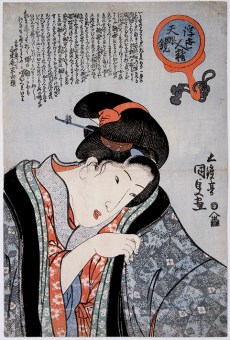
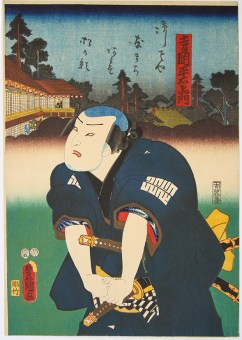
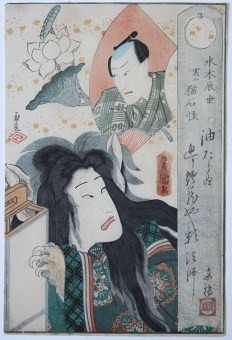
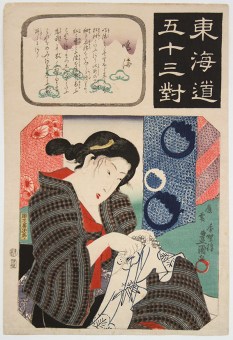
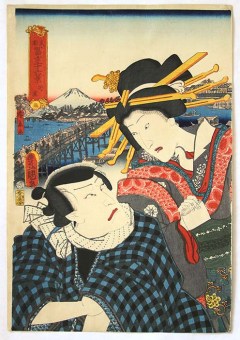
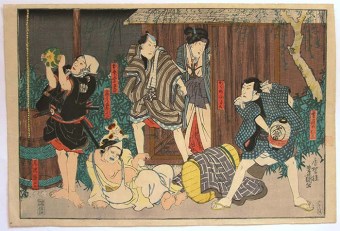
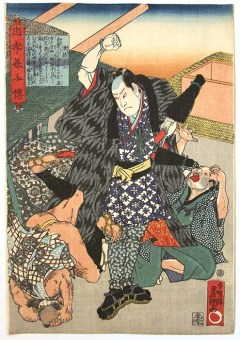
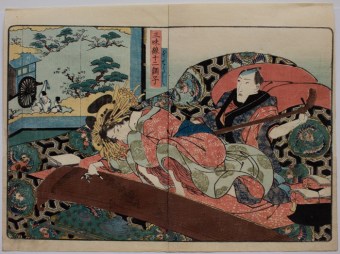
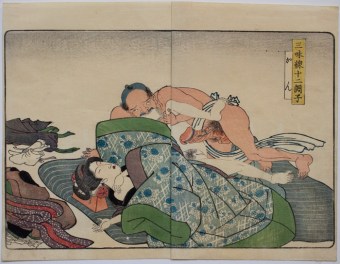
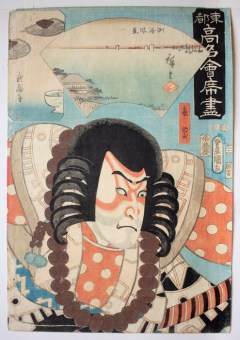
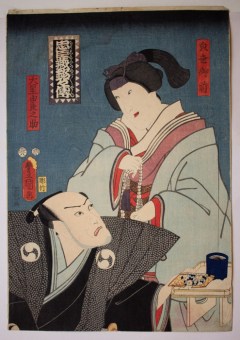
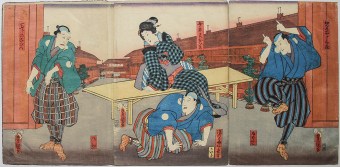
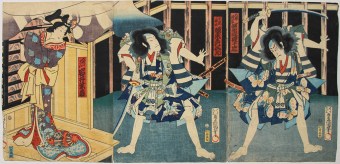
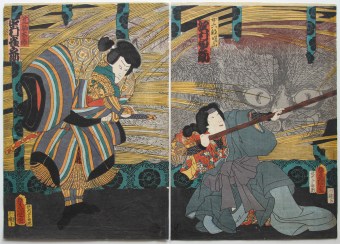
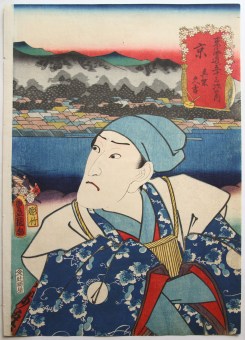
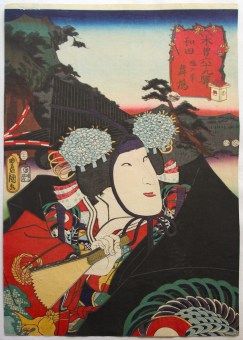
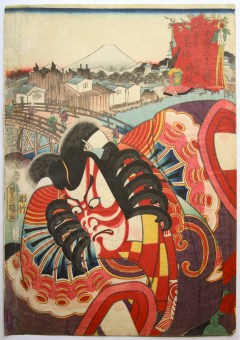
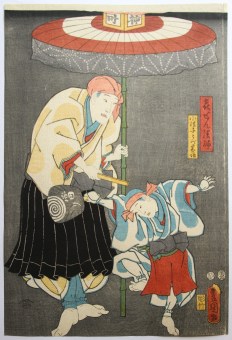
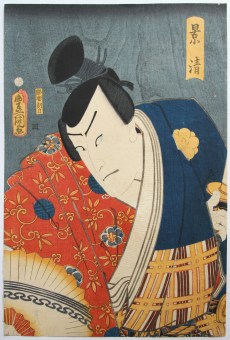
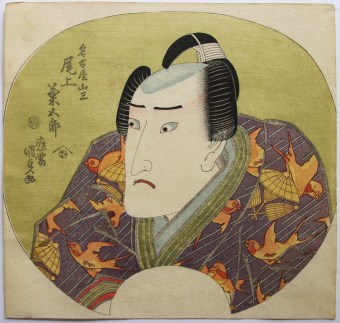
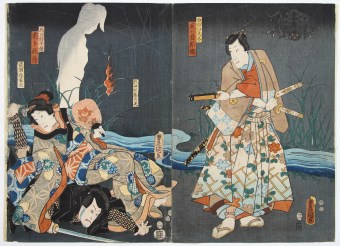
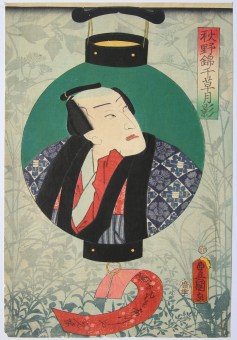
_340x340.jpg)